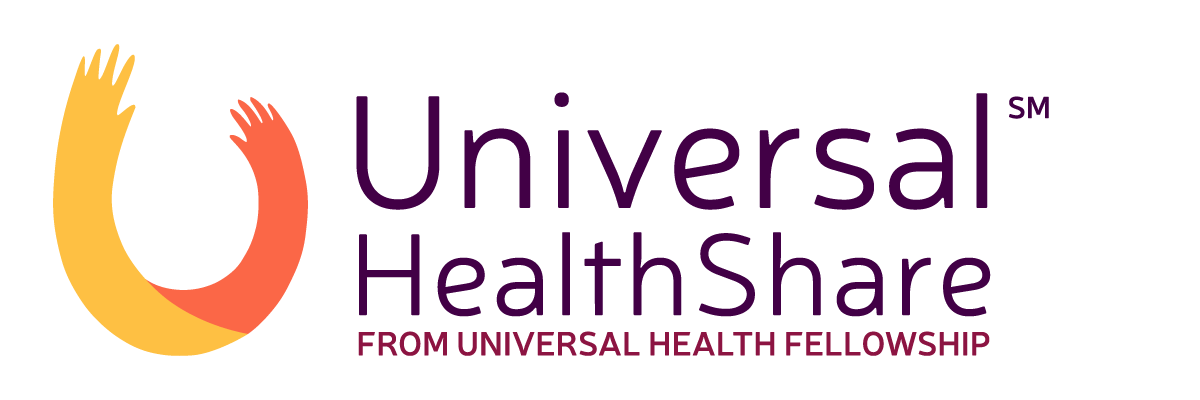This National Osteoporosis Month, we’re breaking down what osteoporosis is, how to prevent it, and what treatment looks like.
What is osteoporosis?
The human body is constantly getting rid of old bone and replacing it with new bone through natural processes. Osteoporosis is a disease that causes the body to get rid of too much bone or not replace enough of it. Under a microscope, this weak bone structure looks like a honeycomb. Weakened bones are easily broken, and in extreme cases, fractures can be brought on by minor impacts, such as a cough.
According to the National Osteoporosis Foundation, the disease is common. As many as “1 in 2 women and 1 in 4 men over the age of 50 will break a bone due to osteoporosis.” Osteoporosis has been referred to as a silent killer because it has no immediately apparent symptoms, and the fractures caused by the disease can be fatal. Luckily, it is both treatable and preventable.
How can I prevent osteoporosis?
When it comes to preventing any disease, it’s important to acknowledge some risk factors can’t be controlled. Women are more likely to contract the disease than men, and post-menopausal women are at the highest risk for the disease, as lowered estrogen levels can affect the bone reproduction process. Older people are at higher risk, as are people of white or Asian descent, those with a family history of osteoporosis, and those with smaller body frames. Here are steps you can take to lower your risk of osteoporosis, including:
- Calcium: Including a proper amount of calcium in your diet is crucial, as a long-term lackof calcium is a major contributor to osteoporosis. Doctors recommend around 1,000mg per day for people aged 18-50, and an additional 200mg for people over 50.
- Active Lifestyle: A sedentary lifestyle increases your risk of osteoporosis. Regular exercise is an important part of prevention, as it makes bones stronger and slows bone loss.
- Decrease Alcohol Use: According to the Mayo Clinic, “Regular consumption of more than two alcoholic drinks a day increases your risk of osteoporosis.”
- Decrease Tobacco Use: Tobacco usage has been linked to bone weakness, which leads to osteoporosis.
- Increase Vitamin D: It’s important to ensure your body receives enough Vitamin D because it’s used to process calcium and strengthen bone. Doctors often recommend Vitamin D supplements if you don’t get enough direct sunlight.
Following these suggestions early in life will help lower your risk of osteoporosis, but it’s never too late to start taking steps to live a healthier lifestyle.
How is osteoporosis treated?
If you are diagnosed with osteoporosis, all treatment options should be discussed with your medical provider.
In a moderate case of osteoporosis, treatment may involve lifestyle changes, such as implementing more of the preventative measures listed above to slow the rate of bone deterioration. There are also steps to lessen the risk of falls at home.
In more severe cases, medications may be prescribed. Some of these medications come in the form of quarterly or yearly injections designed to slow bone loss. Some come in pills and achieve the same goal but must be taken daily. Hormone therapy may be helpful to some, particularly post-menopausal women whose osteoporosis is a result of decreased estrogen. The proper treatment will vary based on your personal medical history
Osteoporosis is a frightening disease, but with preventative measures and consultation with your medical provider, you can stay on top of your bone health and wellness.
Sources
https://www.nof.org/
https://www.mayoclinic.org/diseases-conditions/osteoporosis/symptoms-causes/syc-20351968
https://www.sciencedaily.com/releases/2015/11/151108084919.htm


